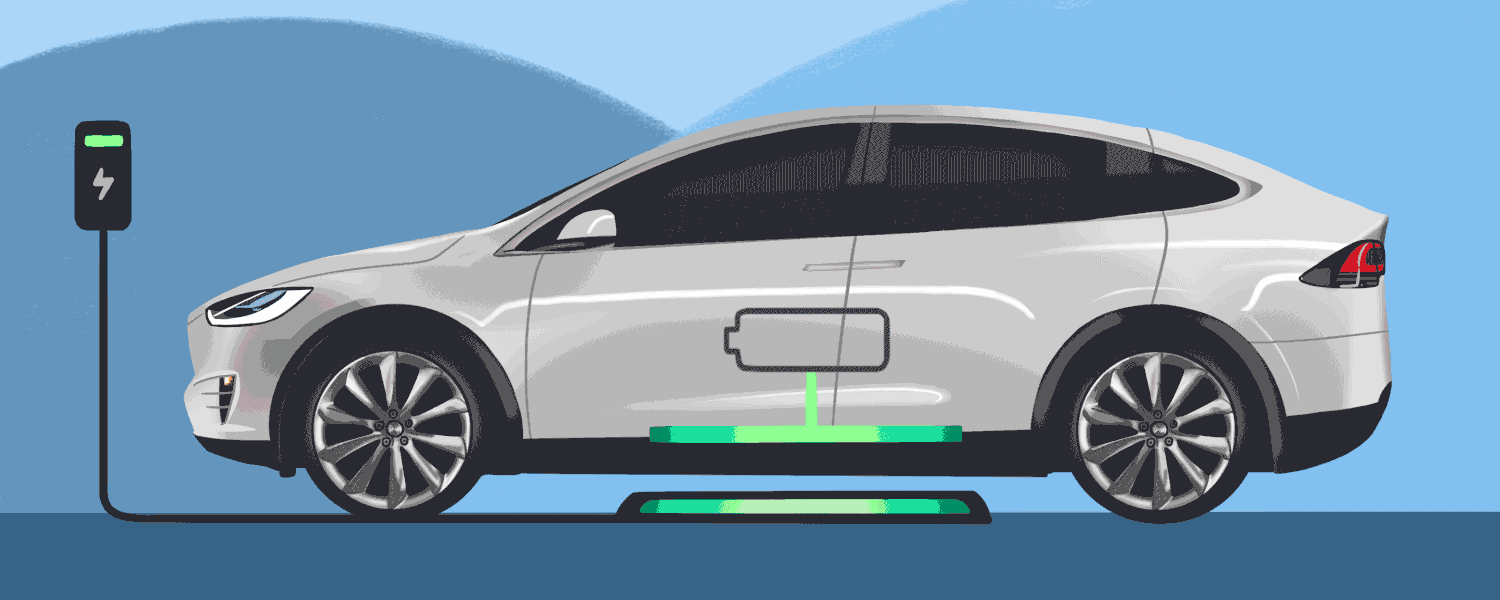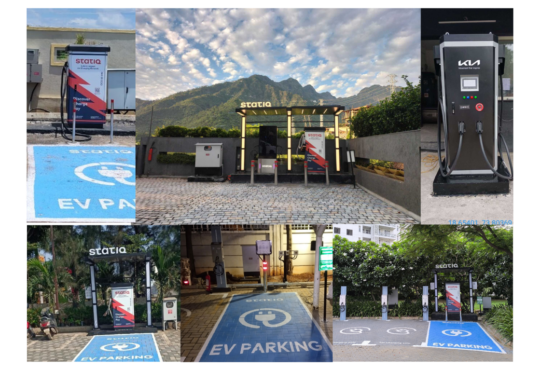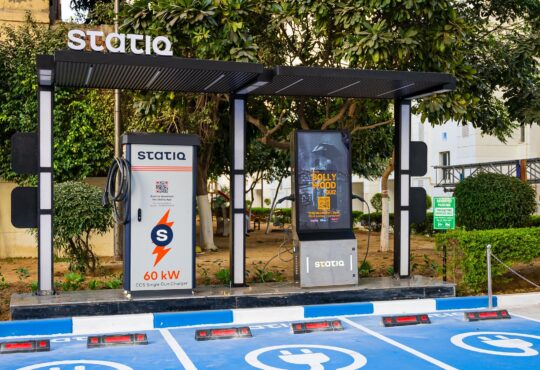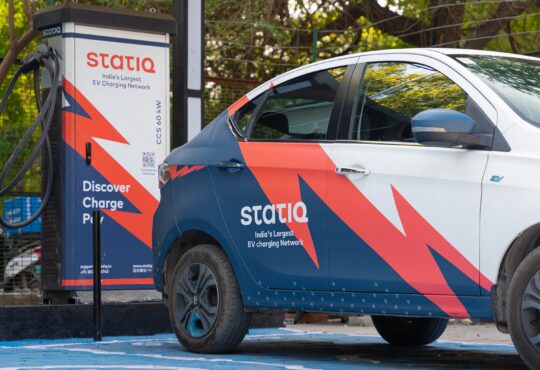
Will Wireless EV Charging Be A Game-changer In The EV Industry?
The development of electric vehicles (EVs) has revolutionized the transportation industry, offering a cleaner and more sustainable alternative to traditional internal combustion engine vehicles. Similarly, wireless charging has revolutionized the charging experience for users, be it on a smartphone, wearable, tablet, or electric vehicle.
Wireless charging works on the principle of electromagnetic induction-
“When an electric current is sent through a coil (a wound-up cable), it creates a magnetic field whose action generates another electric current in a second coil that’s some distance away.”
This blog will explore the concept of wireless EV charging and delve into its potential to shape the future of mobility. We will also discuss how wireless EV charging will be a game-changer in the EV industry improving the overall experience of an EV user.
What is Wireless EV Charging?

Wireless EV charging, also known as inductive charging or wireless power transfer, is a method of charging electric vehicles without the need for a physical connection (wires) between the vehicle and the electric vehicle charging stations. It uses magnetic fields to transfer energy from the charging pad on the ground to a receiver pad installed on the EV, allowing for convenient and efficient charging.
How Does Wireless EV Charging Work?

Wireless EV charging, also known as inductive charging, uses electromagnetic fields to transfer energy between a charging pad on the ground and a receiver coil on the underside of the EV. This eliminates the need for physical cables or plugs, making the charging process smooth and effortless. Wireless EV charging works on the principles of magnetic resonance, allowing for efficient power transfer while maintaining safety and convenience.
Benefits of Wireless EV Charging
- Convenience: Wireless EV charging eliminates the need for physical cables and connectors, making it incredibly convenient for EV owners. By simply parking the vehicle over a charging pad, the charging process initiates automatically, saving time and effort.
- Safety: It is one of the most lucrative benefits of wireless EV charging. With no physical connection, there is no risk of electric shock or exposure to live wires during charging. This enhances safety for both users and maintenance personnel, reducing potential accidents and hazards.
- Durability: Traditional charging cables are subject to wear and tear due to frequent handling and exposure to the elements. In contrast, wireless charging pads are more durable as they are installed in fixed locations and protected from the elements, resulting in a longer lifespan.
- Efficiency: Wireless charging systems are designed to optimize energy transfer, resulting in high charging efficiency. By utilizing intelligent systems that adapt to the vehicle’s power requirements, wireless charging minimizes energy loss and maximizes the amount of energy transferred to the EV’s battery.
Future Prospects of Wireless EV Charging

Integration into Infrastructure
Wireless EV charging has the potential to seamlessly integrate into various infrastructures including public parking lots, highways, and even roadways. By embedding charging pads beneath the parking spaces, EVs can charge while parked or in motion. This integration into existing infrastructure eliminates the need for dedicated charging stations, further expanding the accessibility and availability of charging options for EV owners.
Efficiency and Improved Energy Management
Wireless charging technology is continuously advancing, with improved efficiency and energy management capabilities. Smart charging systems can optimize energy transfer, ensuring power is delivered efficiently to the EV without unnecessary energy loss. Additionally, wireless charging pads can be equipped with intelligent features, such as dynamic charging control and automatic power adjustment, to adapt to different charging requirements and maximize charging efficiency.
Future-Proofing Mobility
Wireless EV charging technology has the potential to future-proof mobility by addressing some of the challenges associated with EV charging infrastructure. It provides a solution to limited charging station availability, particularly in densely populated areas, by enabling EVs to charge wherever wireless charging pads are installed. This flexibility eliminates range anxiety and allows for seamless long-distance travel, making electric mobility more viable and attractive to a broader range of consumers.
Scalability and Standardization
As wireless EV charging technology continues to mature, efforts are underway to establish industry standards and ensure interoperability between different charging systems. Standardization will facilitate the widespread adoption of wireless charging and enable seamless charging experiences for EV owners across various wireless charging networks. This scalability and interoperability will be critical in establishing a robust and reliable charging infrastructure for future EVs.
Conclusion
Wireless EV charging technology represents a significant leap forward in the evolution of EV charging infrastructure. Its ability to provide convenient and effortless charging experiences, integration into existing infrastructure, improved efficiency, and future-proofing capabilities make it a promising technology for shaping the future of mobility. As wireless charging continues to advance and become more standardized, it has the potential to revolutionize how we charge our electric vehicles and pave the way for a greener and more sustainable transportation ecosystem.
Also Read, Prospects of EV Adoption in India



